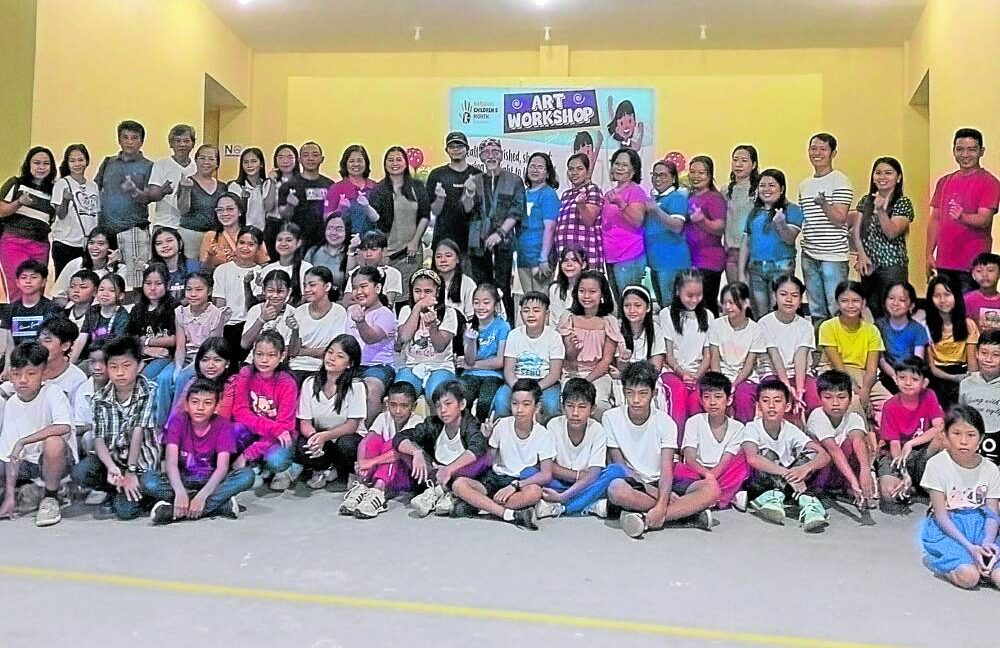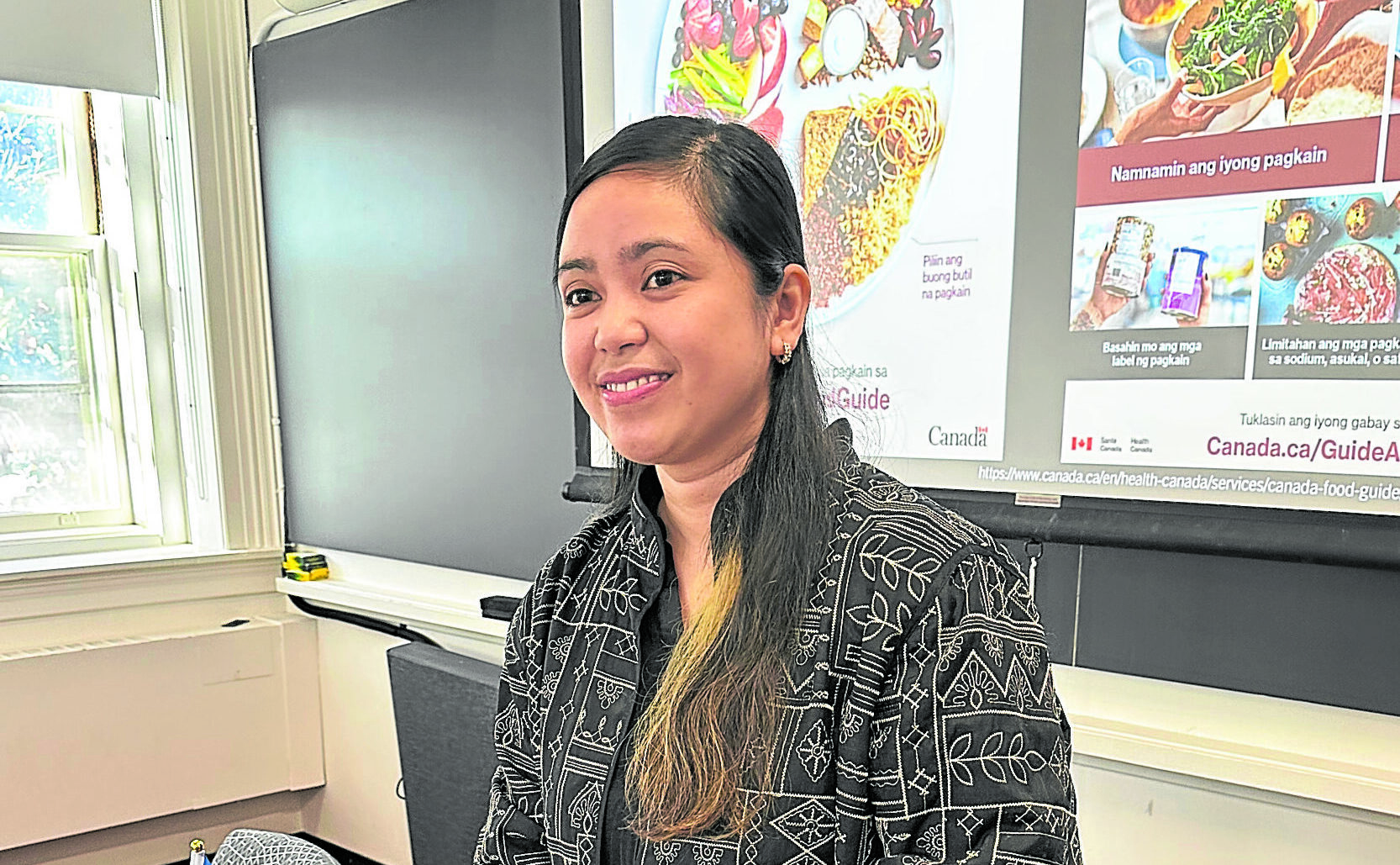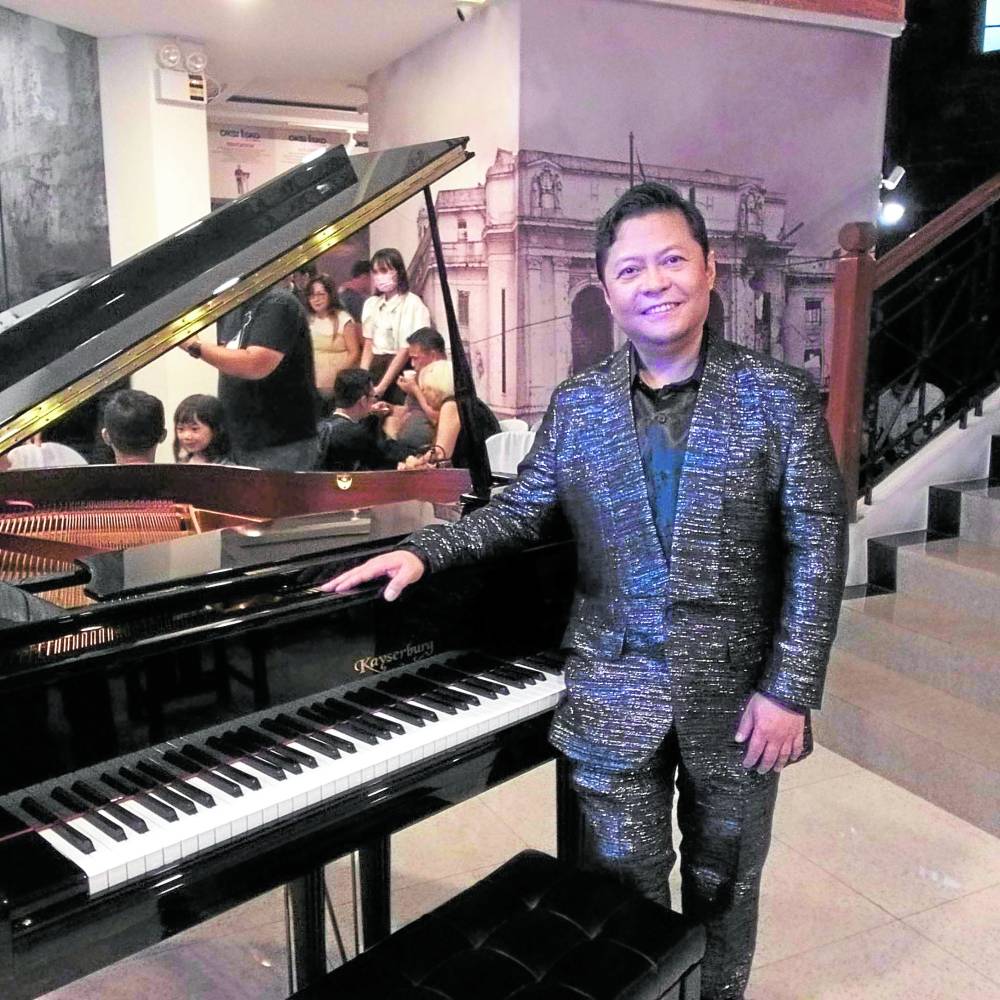
It was on one of those typical Tuesdays, a stressful day with a heavy load of schoolwork and extracurricular activities, when I received a letter from the Office of the President-National Youth Commission saying that I had been chosen to participate in the Kizuna (Bond) Project to be held in Japan Dec. 10-19, 2012.
That Tuesday, I had been on the verge of getting depressed over not qualifying for one of the country’s most prestigious leadership congresses. For days, I underestimated myself and questioned my capabilities.
But when that door closed, another one opened. Little did I know that the arrival of the letter would change my life.
Forty-six students from all over the country also received the same letter, and I know that all of us felt the same way. These students whom I considered strangers at first are now my allies in making change. Who would have thought that our differences would connect us?
Yes, we belong to different parts of the country, have had different kinds of upbringing, and bring a variety of diverse beliefs and cultures, but these did not hinder us from being united and accomplishing the same goals.
I went on my journey to Japan with these students, and prior to my trip there, I knew nothing about its culture, language and lifestyle; not even how to use chopsticks. I knew I would suffer for not knowing how to properly handle chopsticks, but even so, I was reluctant to learn how to use them.
While everybody else was using chopsticks, I was stuck with spoon and fork. I felt really humiliated. My ignorance and reluctance made me feel out of place. That was when I learned that I have to adapt and adjust to other countries’ cultures. We must be open-minded and accept them.
My trip to Japan will never be forgotten, because there I met people who never left me on my journey of learning how to use chopsticks. They showered me with encouraging words. I felt overwhelmed, because I never thought people I had just met would be more than willing to help me. I promised myself to never return to my home country until I mastered it. And right now, I am writing this inside the airplane going back to the Philippines, and I just used the chopsticks eating lunch.
Not only that; I flew all the way to Japan with only the word arigato in my Japanese vocabulary.
It was never easy to get lost in translation, but none of it mattered anymore because I felt how real the people of Japan were despite their inability to communicate properly in English. Their genuine emotions broke through the language barrier. The sincerity and compassion I felt from them were more important than uttered words, because at least we have come to perfectly understand one another.
I also experienced how it was to live in a typical Japanese home and how to be loved by a Japanese family, and I made a new one on the other side of the planet. And though I only stayed with them for three days, I felt the same kind of love that my family here in the Philippines gives me.
All of these things just scratch the surface of the experiences I had in Japan. What really struck me was how people there remained calm, stoic and strong as they rose from the wreckage of the 3/11 disaster. I will never forget the day I was actually standing on the same ground where a tsunami swept away the houses, dreams and lives of people.
That day made me realize that uncertainty lurks everywhere, and even the strongest nations in the world will not be spared by natural disasters.
The 46 students came back to the Philippines with changed perspectives on life. Japan had taught us a lot of invaluable lessons, the kinds of lessons that a normal day cannot provide. We have seen many things in that country that provoked us to be a part of something greater than ourselves.
To my groupmates who unceasingly joined me in my journey, be it through teaching me how to use chopsticks or getting lost in translation, I will be forever indebted to all of you. Our time together might have not been enough, but it is only the start of our real journey together as we accept the responsibility of bringing change in the world.
As Dr. Paul Shalow from Josai International University said: “It’s your future. It’s your world. Be involved.”









































